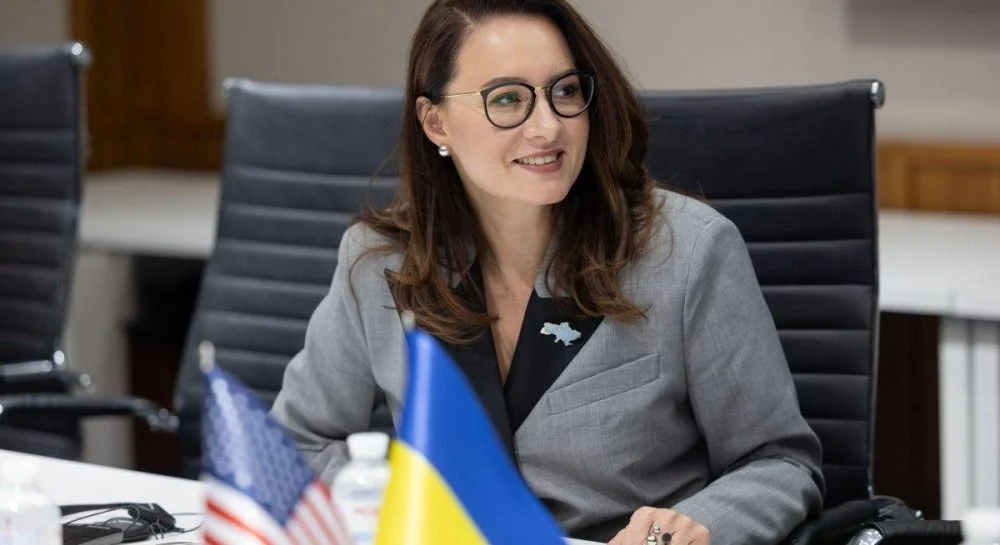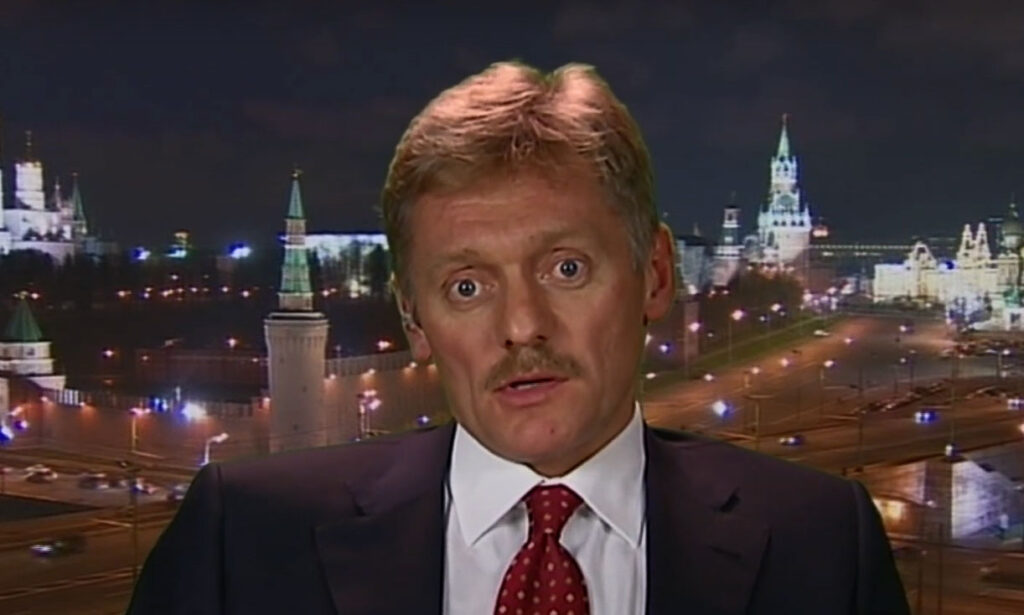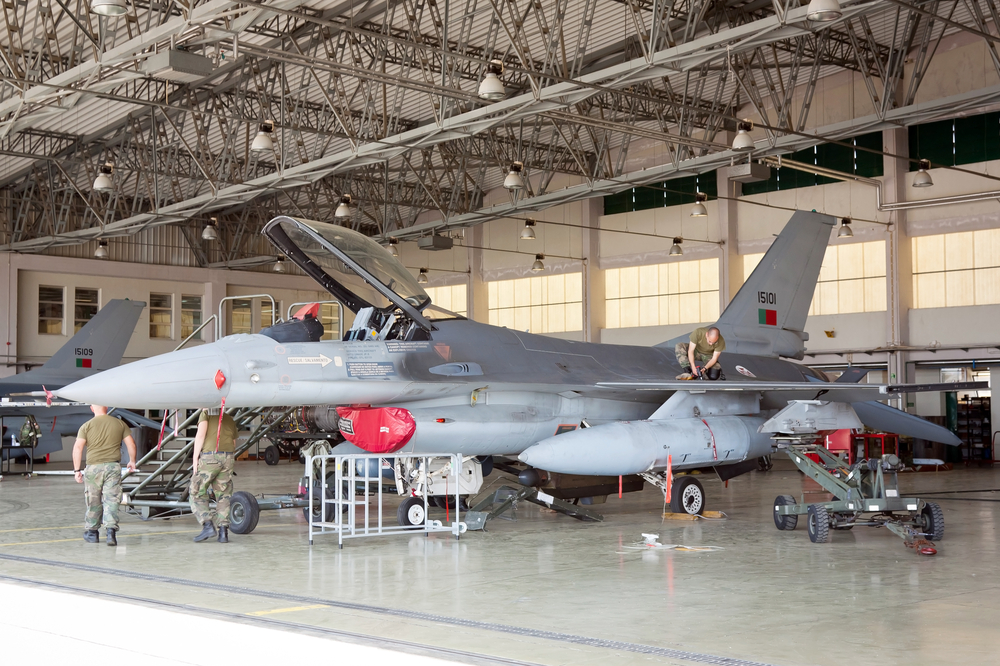German politicians visit Kyiv — and vote against delivering more air defenses to Kyiv

Promises in Kyiv, rejection in Berlin. The German CDU and SPD factions have voted against the Green Party’s initiative to allocate an additional €4.5 billion this year to strengthen Ukraine’s air defenses and compensate for the suspended US aid, BILD reports.
After the US suspended financial support to Kyiv, Germany has become Kyiv’s largest supporter in its struggle against Russia. Berlin has pledged to provide Ukraine with more than €8 billion annually.
A visit to Kyiv – and a refusal in Berlin
Last week, German CDU and SPD leaders Jens Spahn and Matthias Miersch visited Kyiv, where they met with Ukrainian President Volodymyr Zelenskyy and called the trip “a sign of support.” But back in the budget committee, their factions voted together with the Left Party and AfD against releasing the funds.
German politicians’ arguments
Social Democrat Andreas Schwarz has explained that the proposed billions “could not be spent before the end of the year.”
CDU representative Christian Haase claimed that Berlin had already “delivered everything Ukraine needs” and that he was “unaware” of additional requirements from Kyiv.
This contradicts Zelenskyy’s statement in July, where he stressed that Ukraine needed another €6 billion by year’s end to fully scale production of long-range weapons and FPV drones.
Sharp reaction from the Greens
The decision by governing partners drew outrage within the Greens.
“It is hypocrisy — to promise help in Kyiv on Monday and then on Thursday vote together with the AfD and the Left against further support for a country suffering heavy attacks day and night,” said the party’s budget expert, Sebastian Schäfer.
Read also
-
Trump-Putin meeting in Alaska was never about peace — its real purpose was to strengthen Moscow’s power globally
-
Even as West tries to choke Russian oil exports with sanctions, new ships are quietly ensuring steady sales
-
Frontline report: Ukrainian hackers turn Russian security cameras into targeting systems for missile strikes


